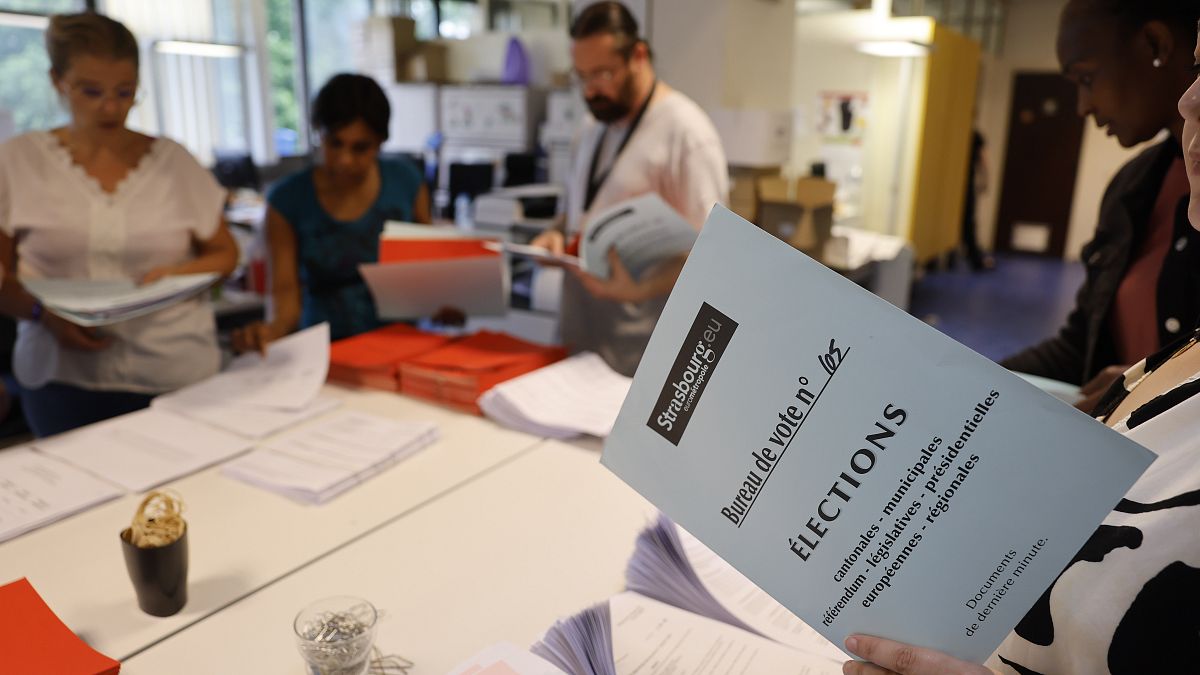The recent snap parliamentary elections in France have captured the attention of the nation and the world as voters head to the polls to determine the future direction of the country. These elections come as a result of President Emmanuel Macron’s decision to dissolve the National Assembly after his party’s poor showing in the EU elections. The far-right National Rally, led by Marine Le Pen, has emerged as a strong contender in these elections, posing a significant challenge to Macron’s ‘Ensemble’ coalition. The first round of voting saw the National Rally emerge as the clear winner, with no party reaching the threshold for an outright win.
The main contenders in these elections are the far-right National Rally, the leftist New Popular Front, the centrist ‘Ensemble’ alliance, and the conservative Republicans. As voters across France cast their ballots, the outcome of these elections remains uncertain. The National Rally is projected to have the most seats in the next National Assembly, potentially leading to Macron appointing National Rally president Jordan Bardella as the new prime minister in a system called “cohabitation.” However, if the National Rally does not win a majority, Macron could seek to build a coalition with moderates or appoint a government of experts unaffiliated with political parties.
In the event of a hung parliament, where no dominant party emerges, lawmakers would need to build consensus across parties to agree on government positions and legislation. This could pose a significant challenge for Macron’s reform agenda, including changes to employment benefits and other policies. The results of the elections are expected to be known as soon as Sunday night or in the early hours of Monday, as initial nationwide projections are based on early partial results from polling stations after they close. The outcome of these elections will have far-reaching implications for the future direction of France and its government.










